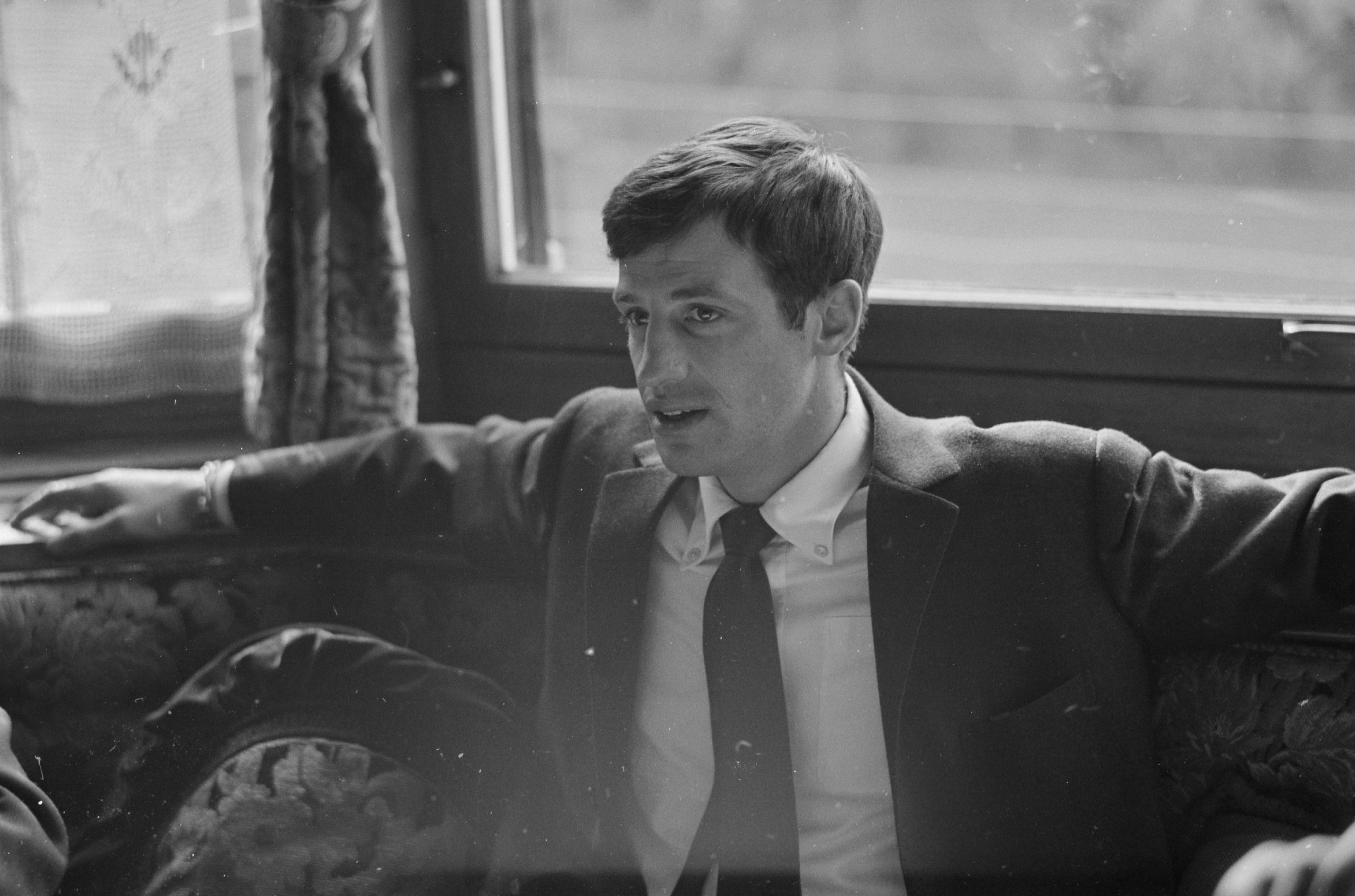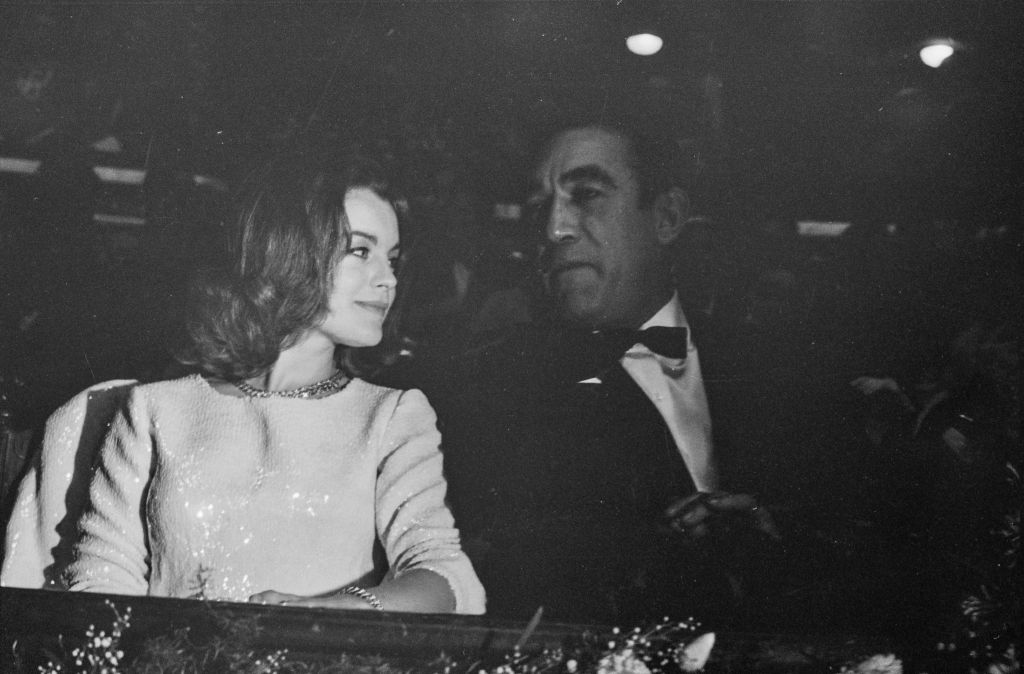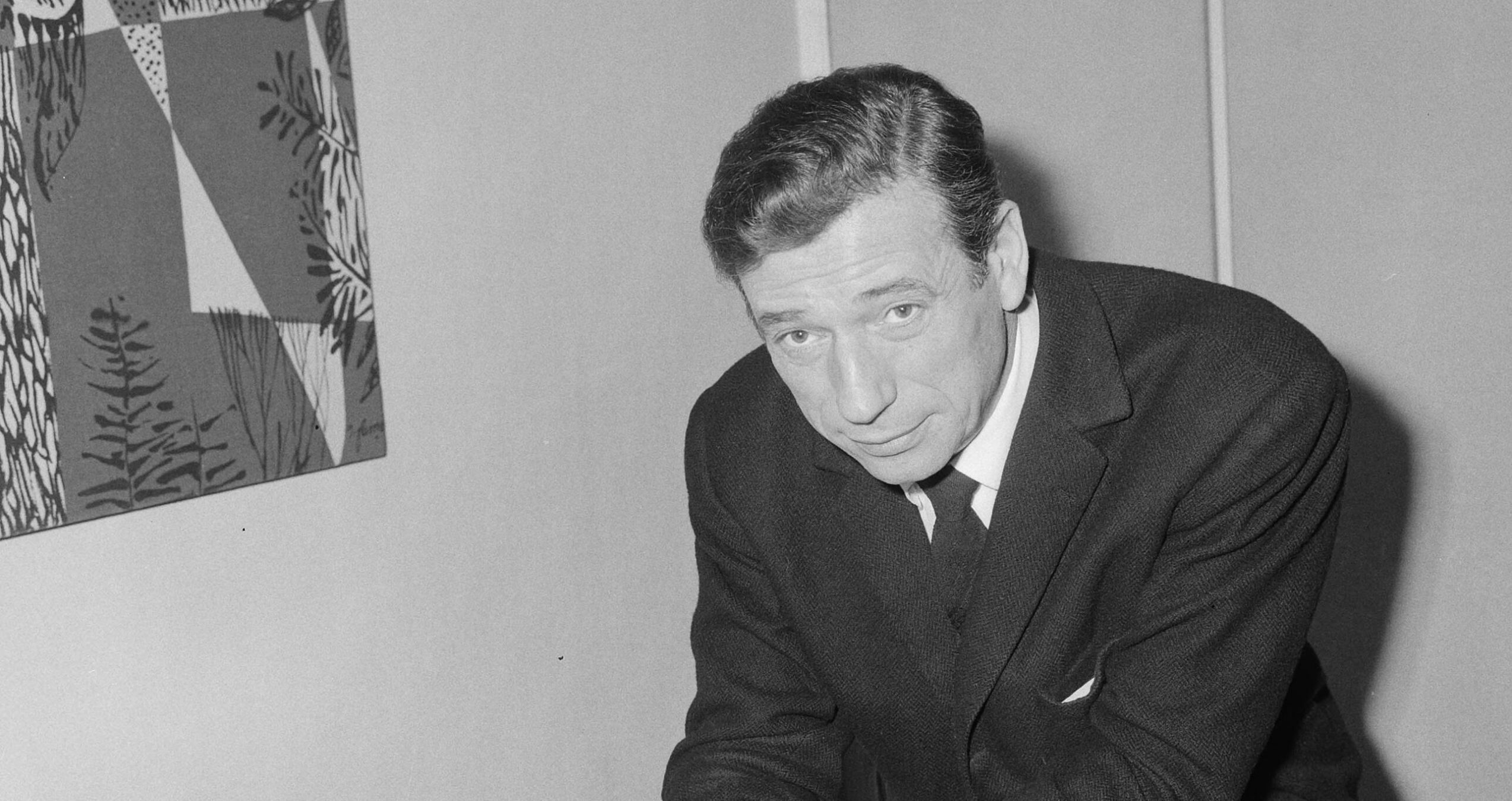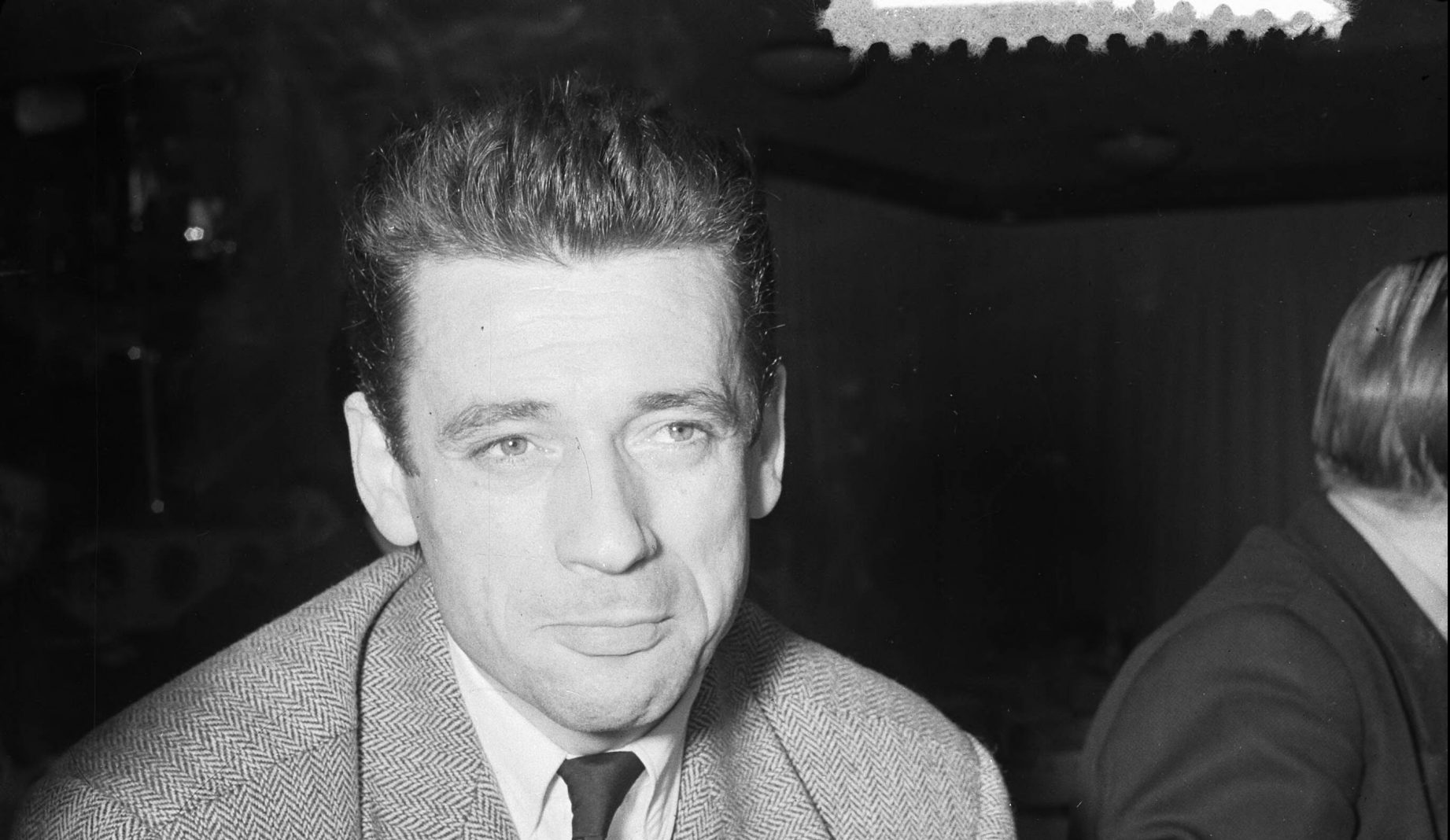He began his career not as an actor but as a pianist in various Parisian establishments: originally, de Funès was descended from Spanish immigrants who settled in Paris.
Louis de Funès always had a soft spot for acting: when he was sent to boarding school by his mother for some time, the young Frenchman had his first experience of acting in a play there. Because of his penchant for acting, it was almost self-evident that Louis de Funès enrolled at the renowned French drama school Cours Simon in 1942: The Cours Simon was one of the first drama schools in France and was founded in 1925 by the drama teacher René Simon (1898-1971).
Despite his time at the drama school, Louis de Funès initially aspired to a career as a professional piano player and started a family: among other things, he is said to have played four-hands with the later music publisher Eddie Barclay. Nevertheless, his time at the Cours Simon was later to prove extremely helpful…
There was no sign of a breakthrough as an actor.
Pianist
One afternoon in the forties, de Funès met the actor Daniel Gélin, who had attended drama school with him, at the Villiers Métro station.
Gélin made his friend a special offer: Gélin’s acting company wanted to put on a play, but was still looking for a pianist for the stage – de Funès seemed predestined for this role because of his experience.
So it happened that Louis de Funès appeared on stage as a piano player for the first time. The arrangement between Gélin and de Funès proved successful: whenever Gélin knew of a role offer, he informed his friend Funès about it. At that time, there was no thought of competition between actors – actors helped each other out and were happy when the other was successful and could feed his family.
But there was no sign of a breakthrough as an actor – Louis de Funès was first concerned with acting and feeding his family. The French actor worked for two decades in the world of theatre and film without achieving a breakthrough.
Committed to the theatre
Louis de Funès shared a passion with the film director Jacques Becker: jazz. Jacques Becker gave Louis de Funès a small role in the comedy Antoine et Antoinette (1947): The film won an award at the Cannes Film Festival. Although de Funès’ role was not even mentioned in the credits, it was nevertheless an entry into the world of film: although no one knew his name yet, his face had at least appeared once on the cinema screen.
For de Funès, it was not only the experience on the cinema screen that counted: in addition to his occasional small roles in films, the comedian acted in various theatre plays. A habit he was to maintain even at the time of his greatest cinema successes.
Between 1948 and 1952 alone, de Funès appeared in thirty different films in small supporting roles: At first, it was not at all his goal to make it as a sought-after film star. His family life made him happy and his small supporting roles in French films enabled him to give up playing the piano.
Theatre successes
How did it come about that Louis de Funès did not initially want to become a famous film actor? In the forties and fifties, the comedian felt most comfortable on the theatre stage. In 1949, Louis de Funès was given the opportunity by theatre director Raymond Rouleau to take part in the play Un tramway nommé désir, the French adaptation of the American classic A Streetcar Named Desire. De Funès played the role of Pablo: the premiere was a great occasion at the Théâtre Edouard VII, where the play was performed after an adaptation by Jean Cocteau. The premiere was attended not only by “Le Tout-Paris” (French term for Parisian high society), but also by actors Ingrid Bergman and Marlon Brando. Brando had just starred in the Broadway version of the play.
The reviews of the play were consistently positive, yet the play did not make it to the Parisian audience: Since the play mainly addressed aspects of American culture, this was no wonder. Although the play was not a failure, its moderate success may have been one of the reasons why the comedian continued to focus mainly on the French theatre and film landscape. Besides, it would never have been a real option for the Francophile de Funès to leave his home country.
For the first time, the actor got the opportunity to showcase his mimic talent.
Breakthrough in the cinema
After the huge success of the play La Puce à l’oreille (Georges Feydeau), which was performed in 1952, Louis de Funès was recognised by almost everyone in the street: De Funès was celebrated as a phenomenon of the French theatre, finally the comedian could live up to his comedic potential on stage. De Funès’ successes in the French theatre caught the attention of various well-known film directors –which is how the comedian ended up with a supporting role in the 1956 comedy La traversée de Paris. Jean Gabin played one of the leading roles in the film.
Today, the film is considered a classic of French cinema and was the breakthrough for Louis de Funès: after his supporting role in this film, the comedian was considered one of the most promising actors in French cinema. For the first time, the actor got the opportunity to showcase his mimic talent, which he combined with authentic acting, on the cinema screen. Until then, he had only ever been on screen for a few seconds.
A “French Charlie Chaplin”
At 42, Louis de Funès was the epitome of working his way up to the top of French cinema: In the late fifties, de Funès starred in several film comedies. His activity for the French comedy scene did not go unnoticed by the international press: The Times of London, for example, saw in Louis de Funès a “French Charlie Chaplin”. De Funès had arrived in the ranks of French cinema stars: After almost two decades of hard work in film and theatre, mainly to support his family, de Funès had now become a well-known actor after all. Would he be able to hold his position as a star of the French comedy scene? Or would he soon return to his beloved theatre, to the „planks that mean the world”? After all, he had had his first successes as a comedian at the French theatre…
Cover picture: © Simon von Ludwig
Main source: Chaline, Thomas: Louis de Funès – Ombres & Lumières, 2023 City Editions

 Deutsch
Deutsch Français
Français



